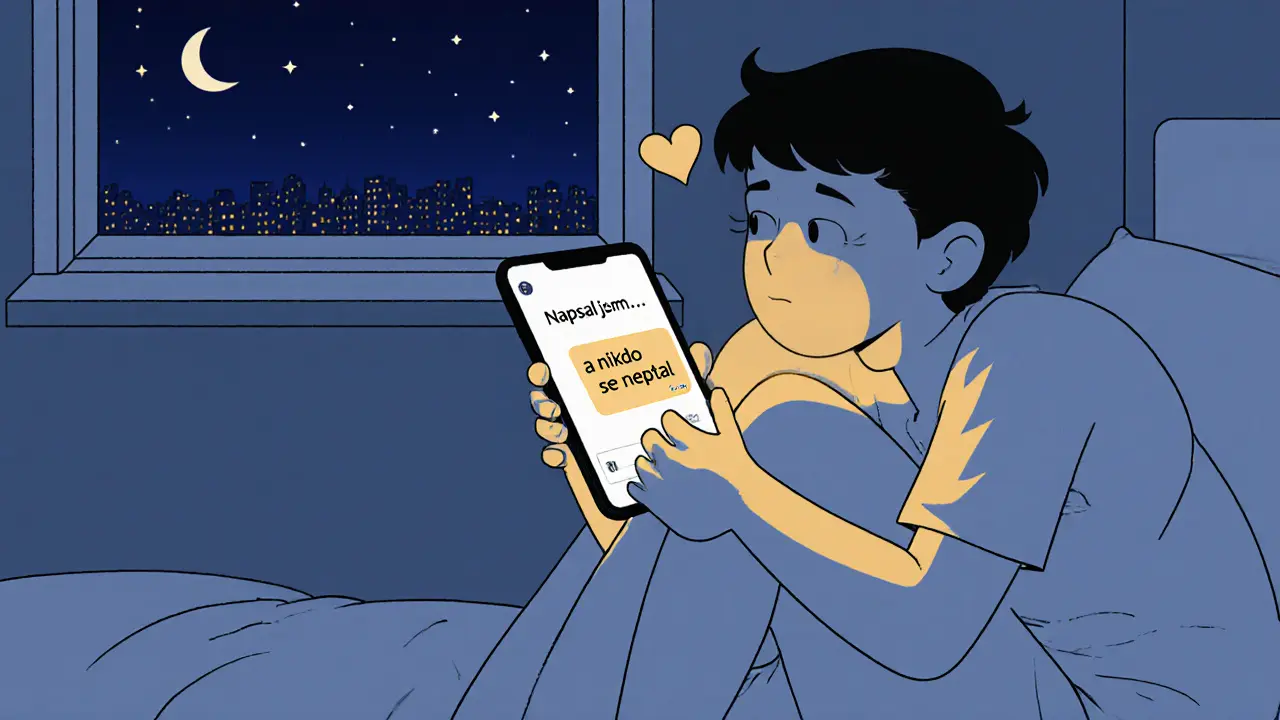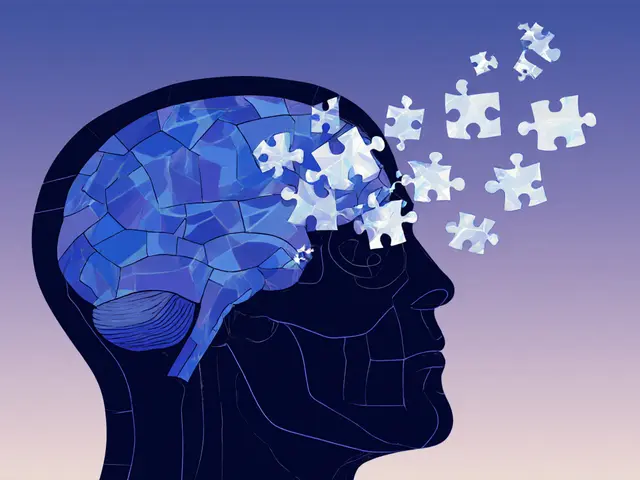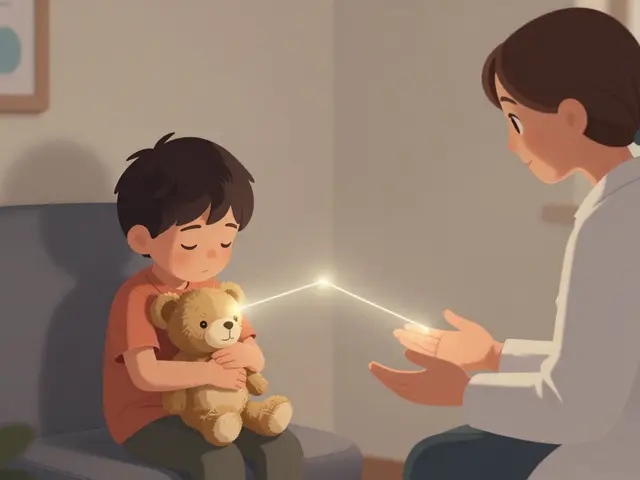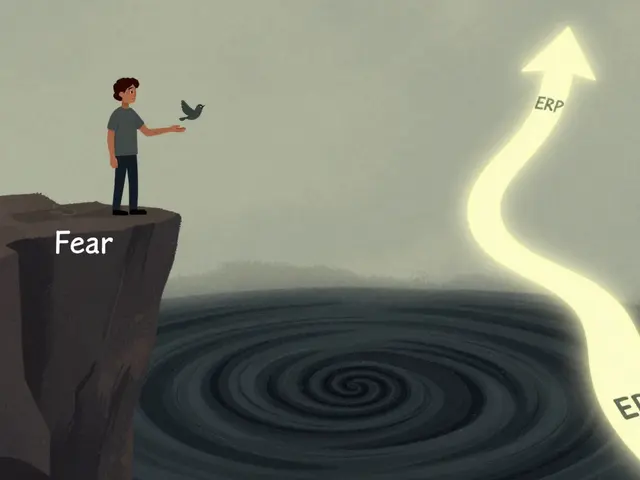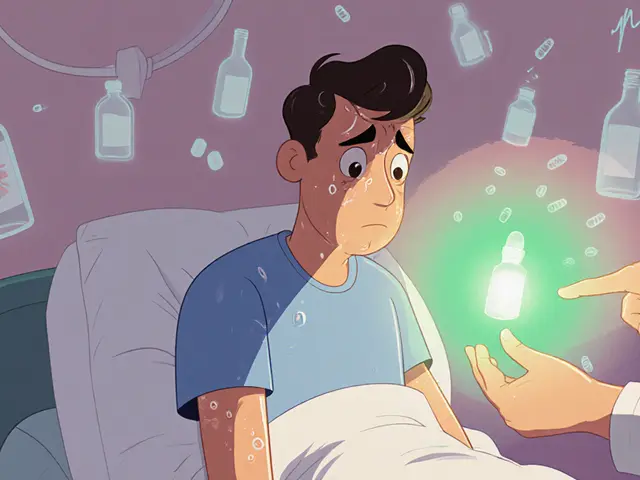Anonymní chat: Kde najít bezpečnou podporu pro duševní zdraví
When you need someone to listen right now, but can’t talk to a friend or therapist, anonymní chat, online komunikace s odborníkem nebo dobrovolníkem bez odhalení identity. Also known as online podpora, it enables people in emotional distress to reach out without fear of judgment or exposure. This isn’t therapy—it’s a lifeline. And in the Czech Republic, where waiting lists for psychologists can stretch for months, it’s often the only immediate option for someone drowning in anxiety, loneliness, or crisis.
Anonymní chat doesn’t replace professional care, but it fills a dangerous gap. Think of it like a fire extinguisher: it won’t rebuild your house, but it might stop the flames before they spread. Many users turn to it after a panic attack, a breakup, or when they feel too ashamed to say aloud what’s going on. The best services are run by trained volunteers from organizations like Česká linka života, neprofitní organizace poskytující bezplatnou psychickou pomoc telefonicky i online, and they follow strict ethical codes. You don’t need to give your name, location, or any personal details. Just type. And someone will respond—usually within minutes.
But not all anonymous chats are equal. Some are run by untrained people, others by bots that repeat the same phrases. That’s why it matters where you go. The reliable ones use verified volunteers who’ve completed 100+ hours of training in active listening, crisis de-escalation, and suicide prevention. They don’t give advice—they hold space. They say, "That sounds incredibly hard," not "You should just..." And they know when to gently suggest professional help.
There’s also a hidden benefit: anonymity reduces stigma. If you’re struggling with depression, trauma, or even thoughts of self-harm, you might avoid therapy because you fear being labeled. Anonymní chat lets you test the waters. You can say things like, "I don’t know if I’m crazy," or "I think I might hurt myself," and get a calm, non-judgmental reply. For many, this is the first step toward real treatment.
Still, it’s not magic. If you’re in immediate danger, an anonymous chat can’t call an ambulance. It’s not a substitute for emergency services. And if you’re using it daily for months without progress, it might be masking a deeper need for structured therapy. But used right—when you’re overwhelmed, isolated, or just need to be heard—it can be the difference between breaking and holding on.
What you’ll find in the articles below are real stories and practical advice about how to use these services safely, what to expect when you type that first message, and how to recognize when you’re ready to move from chat to face-to-face therapy. You’ll also learn about the limits of online support, how to spot unreliable platforms, and what alternatives exist in the Czech Republic when you need more than just a typed reply.
